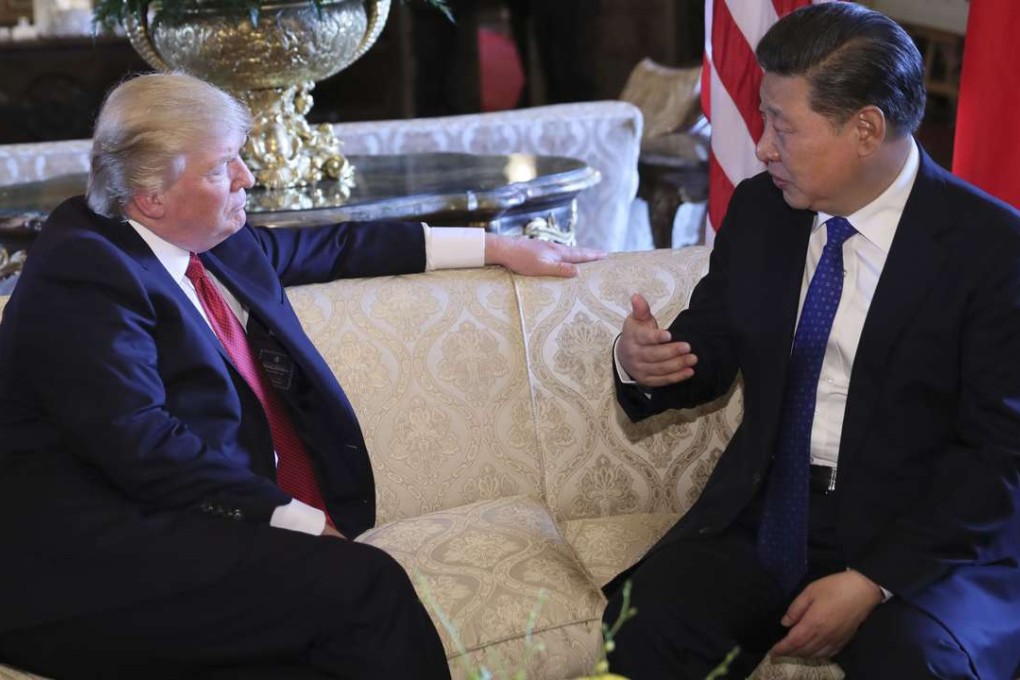China Briefing | Xi-Trump summit: no winners or losers in Mar-a-Lago, but a prized first step
The US and Chinese presidents navigated a minefield of issues from a potential trade war to North Korea and the South China Sea – that both sides emerged positive must count as a good beginning

When two strong-willed leaders sit down for their first meeting, each armed with a long list of hot button issues to argue and fight about, there are two likely outcomes.
The less favourable one is that the two fail to strike a chord and decide to go for the jugular. Such a bad start could have dire consequences not only for both sides but for the world.
The preferred one is that after sizing each other up, each decides the other is someone they can work with to put in a new framework to handle their wide differences. That qualifies as a good beginning by all accounts.
That looks like what has transpired from the informal summit between President Xi Jinping (習近平) and his American counterpart US President Donald Trump.
WATCH: Trump says he’s developed a friendship with Xi
Chemistry between them may have been lacking, judging by media reports, but both professed a clear inclination to work together. Accustomed to his penchant for using superlatives, Trump said he had developed an “outstanding” relationship with Xi. But according to Xinhua, Xi was more reserved, saying he and Trump had built “a good working relationship” after gaining a better understanding of each other, enhancing trust and reaching consensus on multiple issues.

